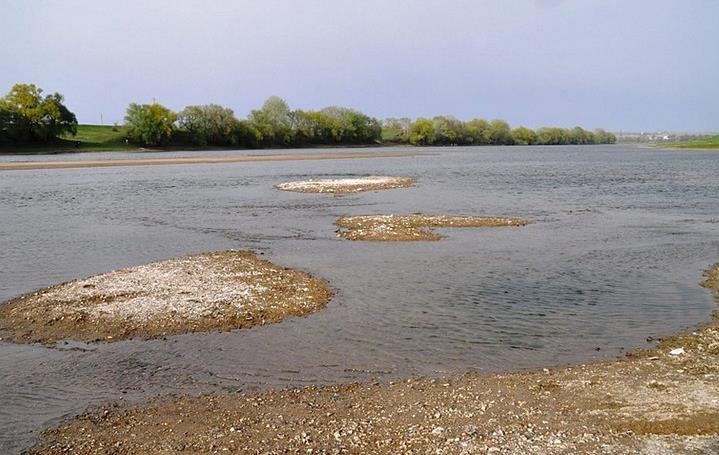Because of Moscow’s complaints against Kyiv, the entire world knows that Russian-occupied Crimea is suffering from a serious water crisis, but few are aware that the rest of Ukraine is suffering from the same problem.
Recognizing that reality is critical not only because of the problems that declines in water supplies present to Ukraine now and in the future but also because these shortages both limit what Kyiv in principle might be able to agree on to help Crimea and what new problems Moscow would create if it launched a new military campaign to get water from Ukraine.
Vira Balabukh, a climatologist at the Ukrainian Hydro-Meteorological Institute, tells Apostrophe TV that the situation with regard to the availability of water in general and potable water in particular is becoming critical in many parts of Ukraine but especially in the east as a result of human actions.
Until very recently, Balabukh says, experts in Ukraine talked about climate change only as something that would affect the situation in the far distant future. But now, she continues, they understand that this is “a very serious problem” here and now. In some places already, there isn’t enough potable water or even water for agriculture and industry. “
In general,” she continues, “Ukraine is not very well supplied with potable water.”
There simply isn’t enough water anymore, and much of it is increasingly saline and thus not useful for human consumption.
Read More:
- The risk of water shortage and implications for Ukraine’s security
- Putin claims mounting crisis in occupied Crimea can-be reversed by fresh water supplies under Azov Sea
- Critical water shortage in Crimea may prompt new Russian attack against Ukraine
- Donbas without water: The ecology of the east Ukrainian frontline
- Unprecedented drought hits Russian-occupied Crimea, which can’t overcome water shortage without Ukraine
- The E40 waterway: Economic and geopolitical implications for Ukraine and the wider region
- Ukraine’s water blockade of Crimea should stay, because it’s working
- Russia can’t solve Crimea’s water problem

